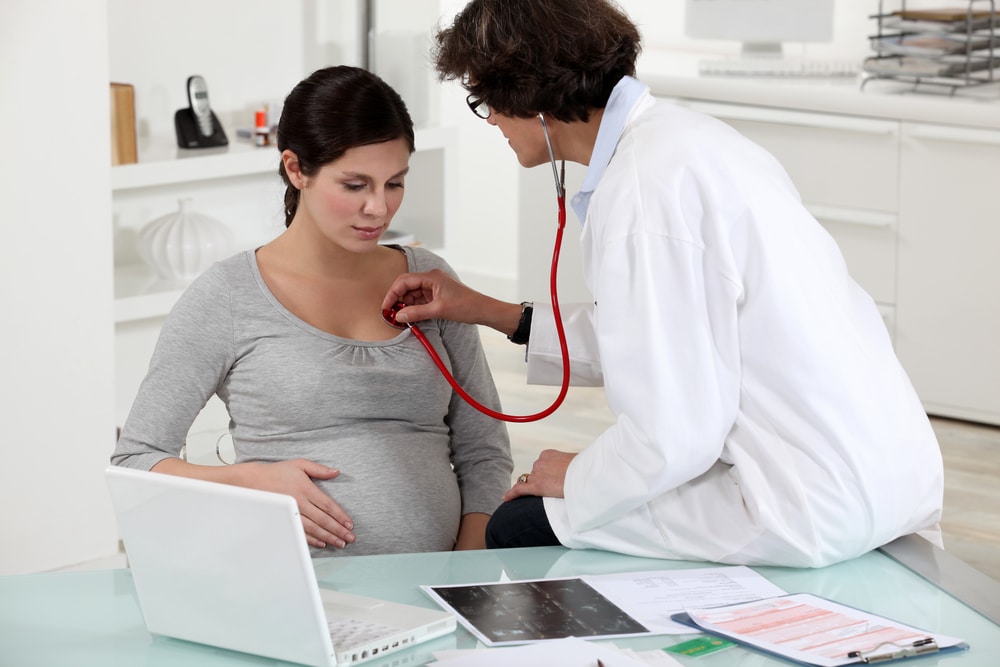Pelvic inflammatory disease (PID) is an infection that moves past the vagina, breaks the cervical barrier and infects the uterus, fallopian tubes and ovaries. Often the bacteria originate from sexually transmitted diseases, such as gonorrhea.
There are a percentage of woman who have pregnancy problems with PID that are a direct result of the condition. Those affected with pregnancy complications depends upon how quickly the infection is treated, if the woman completes her treatment and if the treatment protocol was successful.
There are some women who require either two rounds of antibiotics or an initial treatment in the hospital using intravenous therapy — antibiotics delivered through an IV. For others the condition becomes chronic or recurrent when the infection either isn’t totally eradicated or the woman becomes infected again because of high risk behaviors.
Since the most common infection causing PID is a sexually transmitted disease those women who engage in sex with multiple partners or in high risk behaviors such as alcohol or recreational drugs also have a higher risk of developing the infection more than once. These infections can be more resistant to antibiotic therapy.
During this infection the bacteria attack theuterus, ovaries and fallopian tubes. In uterus the infection can cause an inflammation in the lining of the uterus making pregnancy implantation difficult. This inflammation also increases the blood loss each month which can result in anemia.
The infection in the fallopian tubes can cause scarring in the tubes making the transport of the eggs from the ovaries to the uterus impossible. Sperm isn’t able to make it up the tubes and the result is functional infertility. Scarring in the fallopian tubes combined with the scarring and inflammation in the uterus results in a hostile environment that isn’t conducive to pregnancy.
Women who suffer with pregnancy problems and PID have a few options they can discuss with their obstetrician and infertility expert. Women may be able to have the fallopian tubes opened through surgical interventions or may consider invitro fertilization. Normally the quality of the eggs isn’t negatively impacted by PID but the physical environment may have challenges that make a pregnancy very difficult.
For these reasons, and others, women who have a sexually transmitted disease should be treated as soon as possible and follow the recommended course of treatment to decrease the possible side effects.






Reply